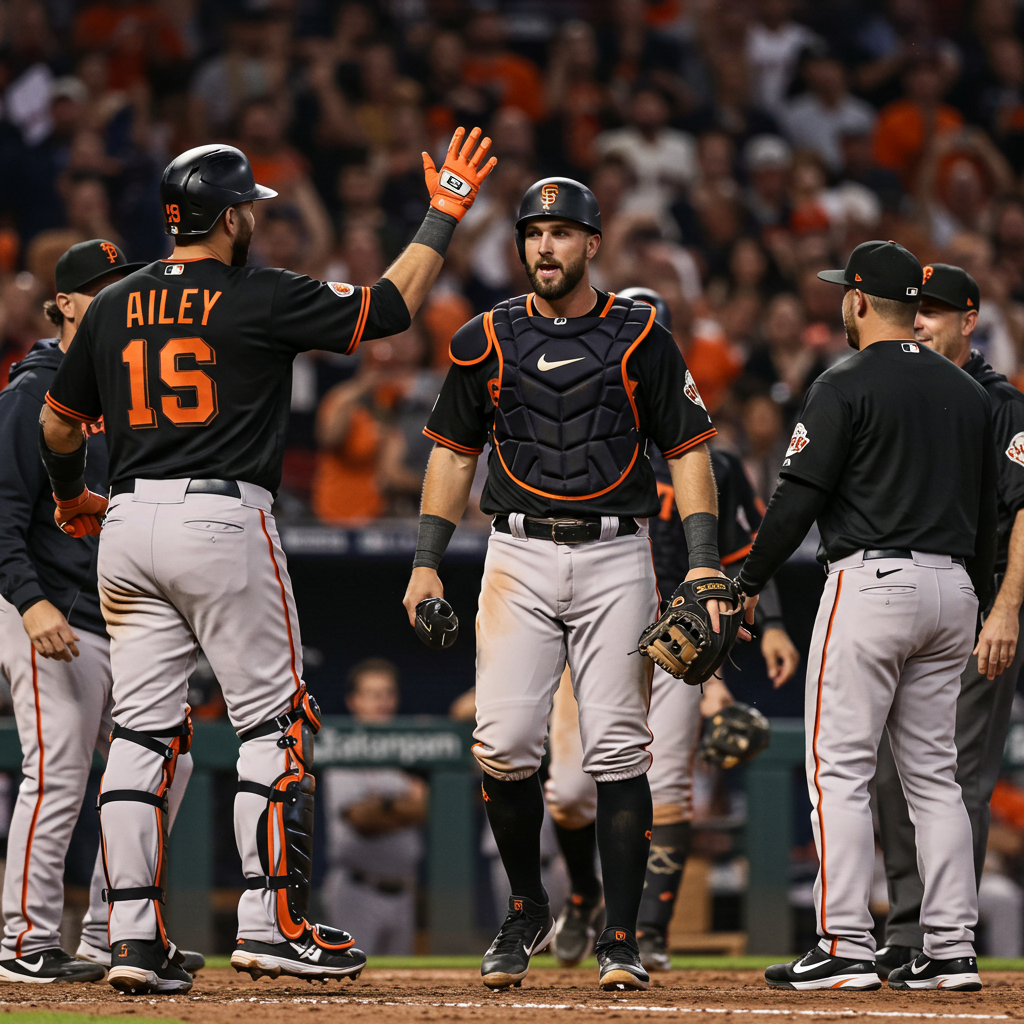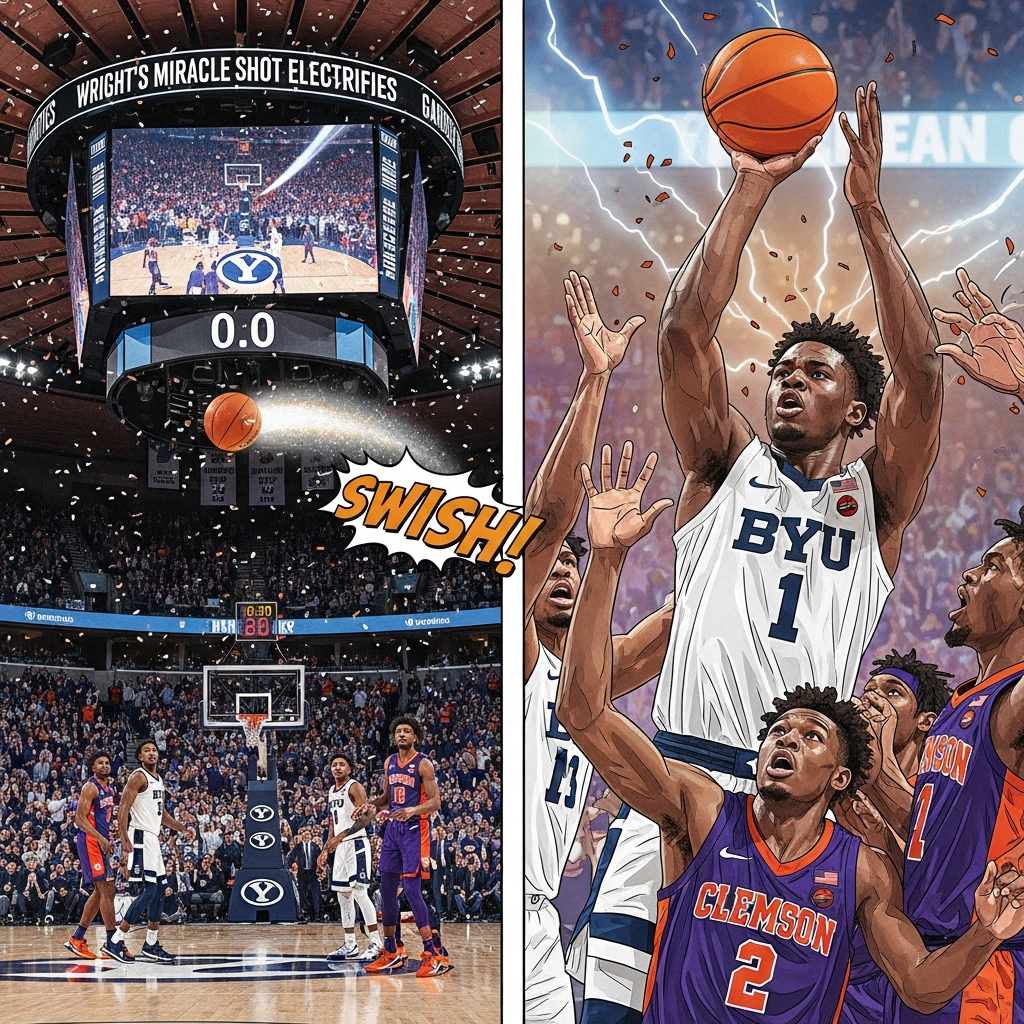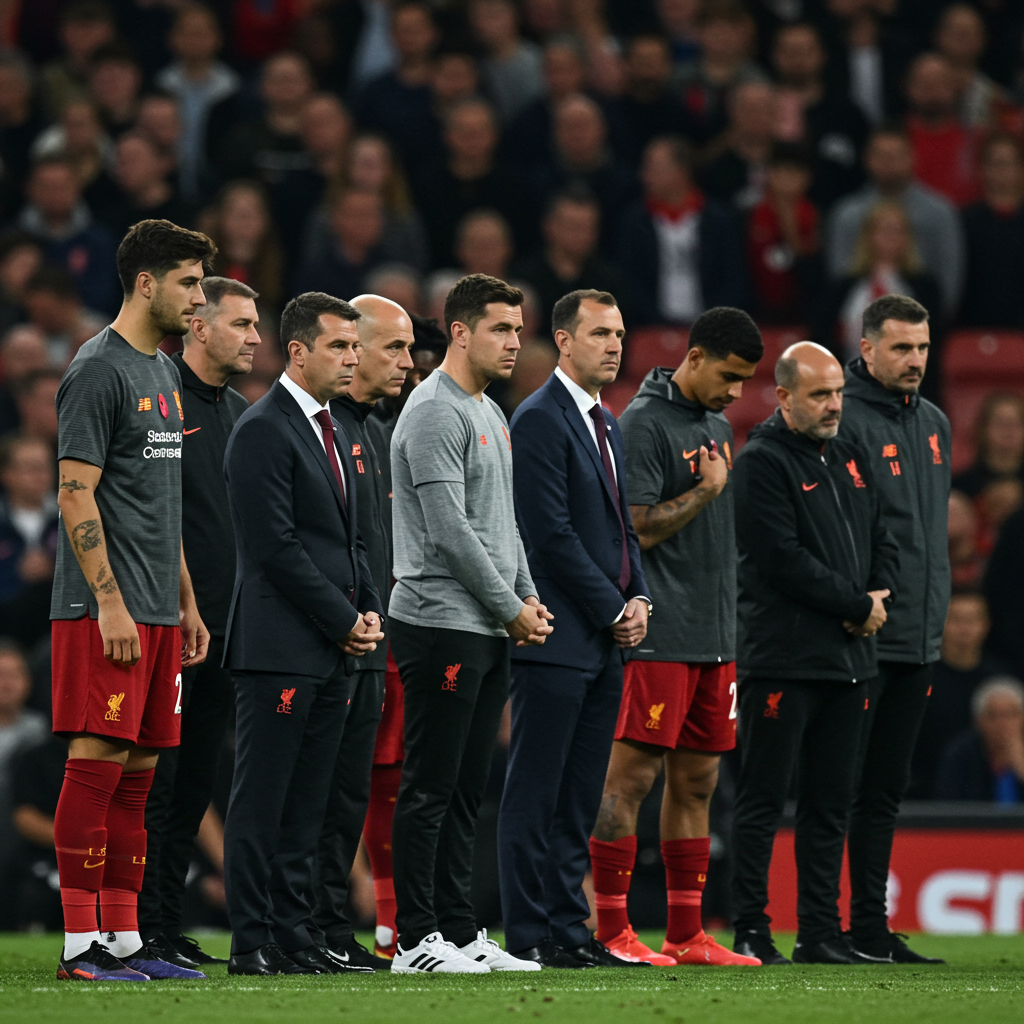The sports world is buzzing following the monumental sale of the Los Angeles Lakers. The iconic NBA franchise, long synonymous with the Buss family, has reportedly been acquired by Mark Walter, co-owner of the Los Angeles Dodgers, in a staggering deal valuing the team at a record-shattering $10 billion.
This unprecedented valuation immediately begged the question: Why would the Buss family, who steered the Lakers for 45 years and delivered 11 championships, decide to sell now? Longtime Lakers beat reporter Dan Woike shed light on this seismic shift during his appearance on the Dan Patrick Show.
The $10 Billion Question
When pressed by Dan Patrick about the timing and motivation behind the sale, Dan Woike offered a straightforward, albeit compelling, initial answer. “The only answer I’ve been able to come up with at this point is 10 billion dollars,” Woike stated, acknowledging the sheer scale of the proposed valuation.
Indeed, the $10 billion figure isn’t just large; it sets a new benchmark for professional sports franchise sales globally. To put it in perspective, recent high-profile NBA team sales like the Boston Celtics ($6.1 billion), Phoenix Suns ($4 billion), and Dallas Mavericks ($3.5 billion) pale in comparison. The Lakers’ valuation underscores their immense brand power and global reach.
Beyond the Price Tag: The Family Trust Factor
While the staggering $10 billion figure is undeniably a major factor, reports and sources familiar with the situation reveal a deeper, more fundamental reason rooted in the very structure of the Buss family’s ownership.
Following the passing of Dr. Jerry Buss in 2013, control of the Lakers transitioned to a family trust. While Jeanie Buss served as the team’s governor, major decisions, including a sale, required agreement from a majority of Jerry Buss’s six children. Crucially, the trust structure reportedly made it difficult for ownership shares to pass down seamlessly through future generations. This created a practical necessity where, over time, the ownership stake held by any individual family member would become increasingly diluted.
This inherent limitation within the trust appears to be the primary catalyst for the sale. It wasn’t merely about cashing out, but rather a complex decision stemming from the long-term challenges of maintaining unified, majority family control under the existing structure. The sale to Mark Walter and his company TWG Global, which was described as a “massive surprise” within NBA circles, effectively resolves this generational ownership challenge.
Adding another layer, Mark Walter was already a significant minority shareholder, having acquired a 27% stake in 2021. At that time, he reportedly negotiated a right of first refusal on the Buss family’s majority stake, positioning him as the most likely buyer and explaining why news of the potential sale remained largely private until the agreement was finalized.
What This Means for the Lakers’ Future
The transition to new majority ownership marks the end of an era defined by the Buss family’s unique blend of Showtime flair and sustained success. However, Jeanie Buss is expected to remain the team’s governor. League rules require the governor to represent an ownership group holding at least a 15% stake, and reports confirm the Buss family will retain a minority interest just above this threshold, allowing Jeanie to maintain her leadership role initially.
The new controlling owner, Mark Walter, brings a track record of significant investment and success with the Los Angeles Dodgers since purchasing them in 2012. Under his ownership, the Dodgers have heavily invested in analytics, player development resources, and stadium infrastructure, leading to consistent on-field success.
This history suggests that Walter is likely to inject substantial resources into the Lakers organization. While drastic immediate changes may not occur, increased investment in personnel, facilities, and analytics could be on the horizon.
The sale comes at a pivotal moment for the roster, with critical decisions looming regarding LeBron James’s player option and the long-term future of recently acquired star Luka Doncic, who is eligible for a massive extension. The shift in ownership introduces a new dynamic as the franchise navigates building its next championship contender.
Ultimately, while the $10 billion valuation captures the headline, the underlying decision by the Buss family appears to be a complex one, driven as much by the practicalities of generational wealth transfer and trust structures as by the unprecedented financial offer. The era of Buss family control over the Lakers majority stake may be over, ushering in a new chapter under Mark Walter’s leadership with potential for significant future investment.




